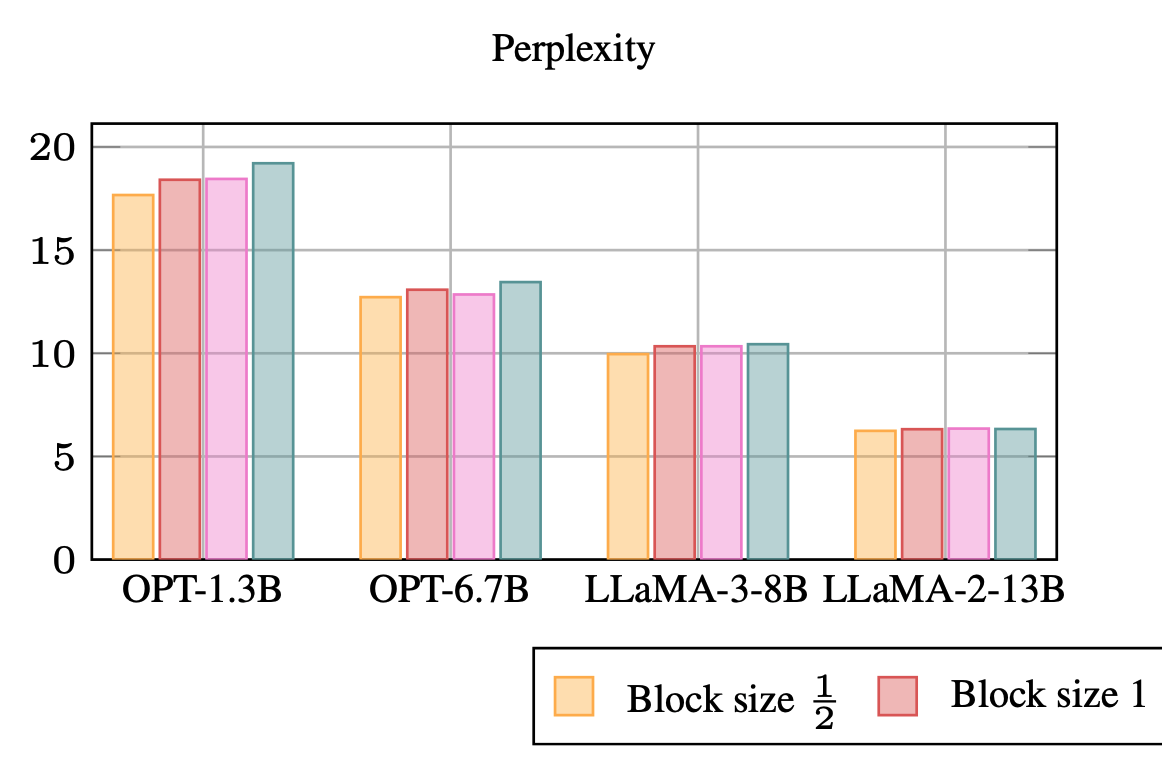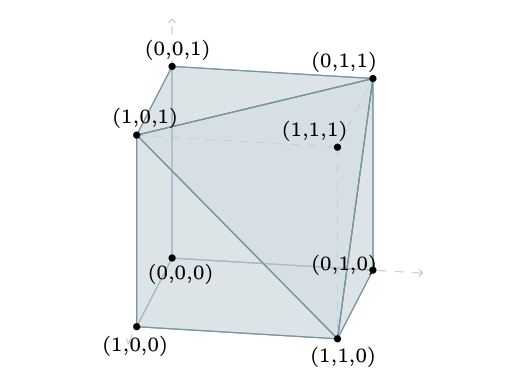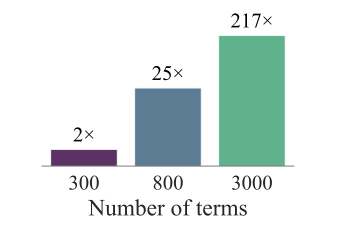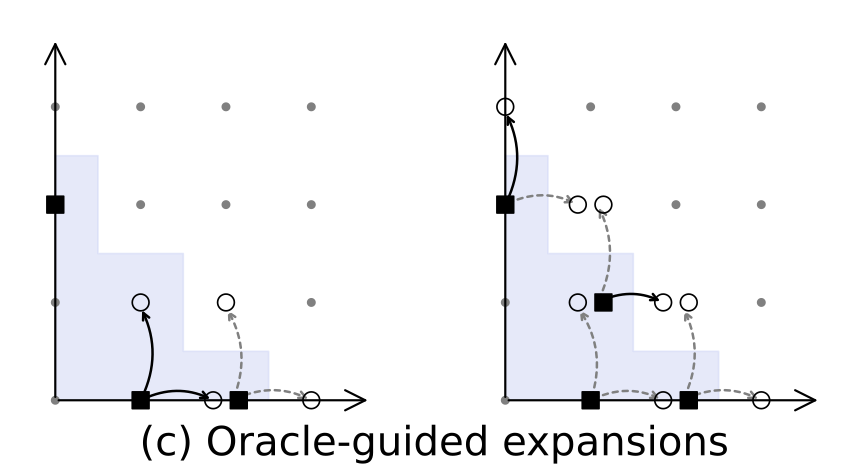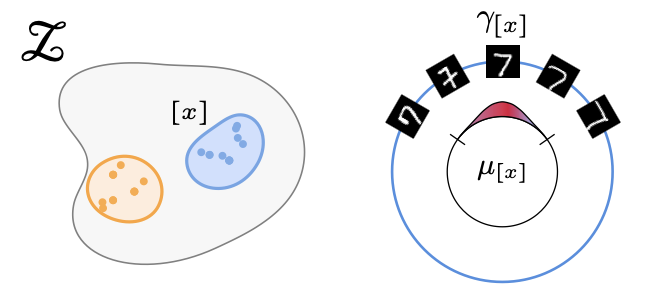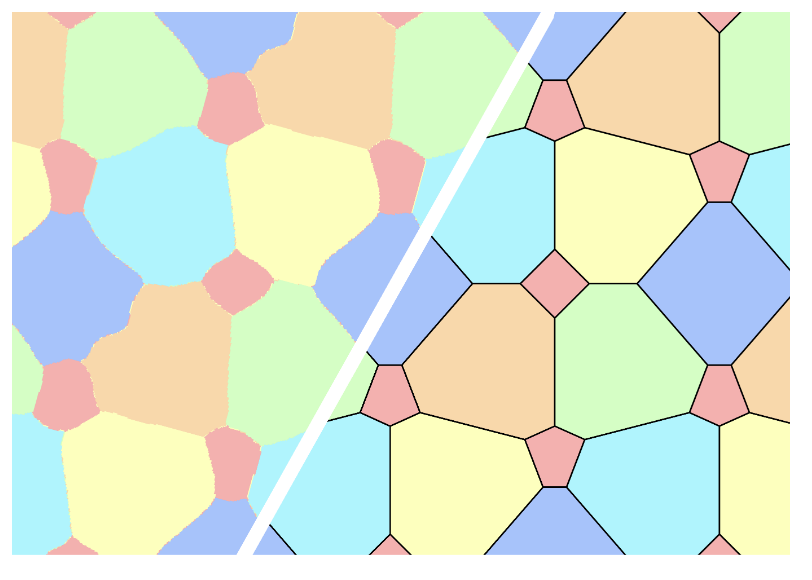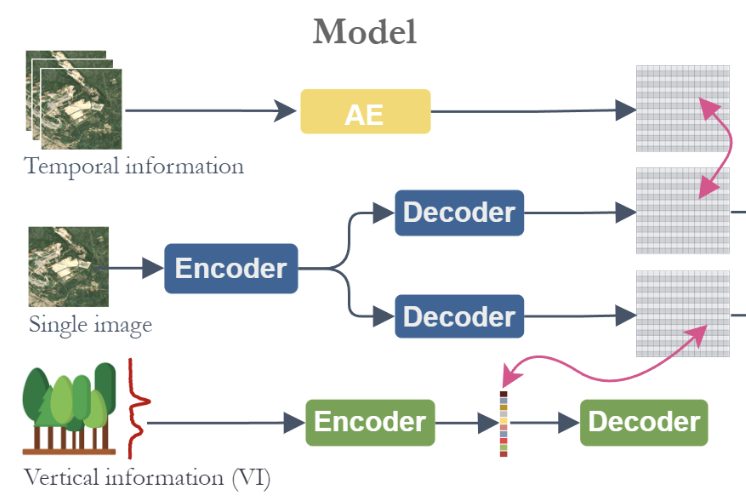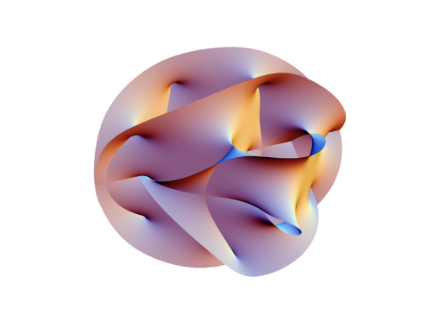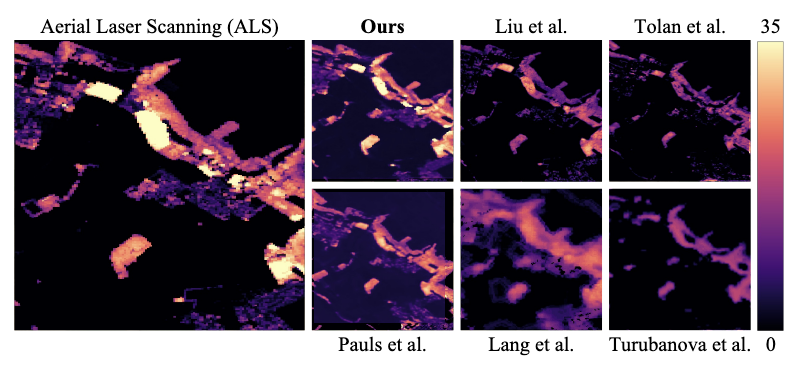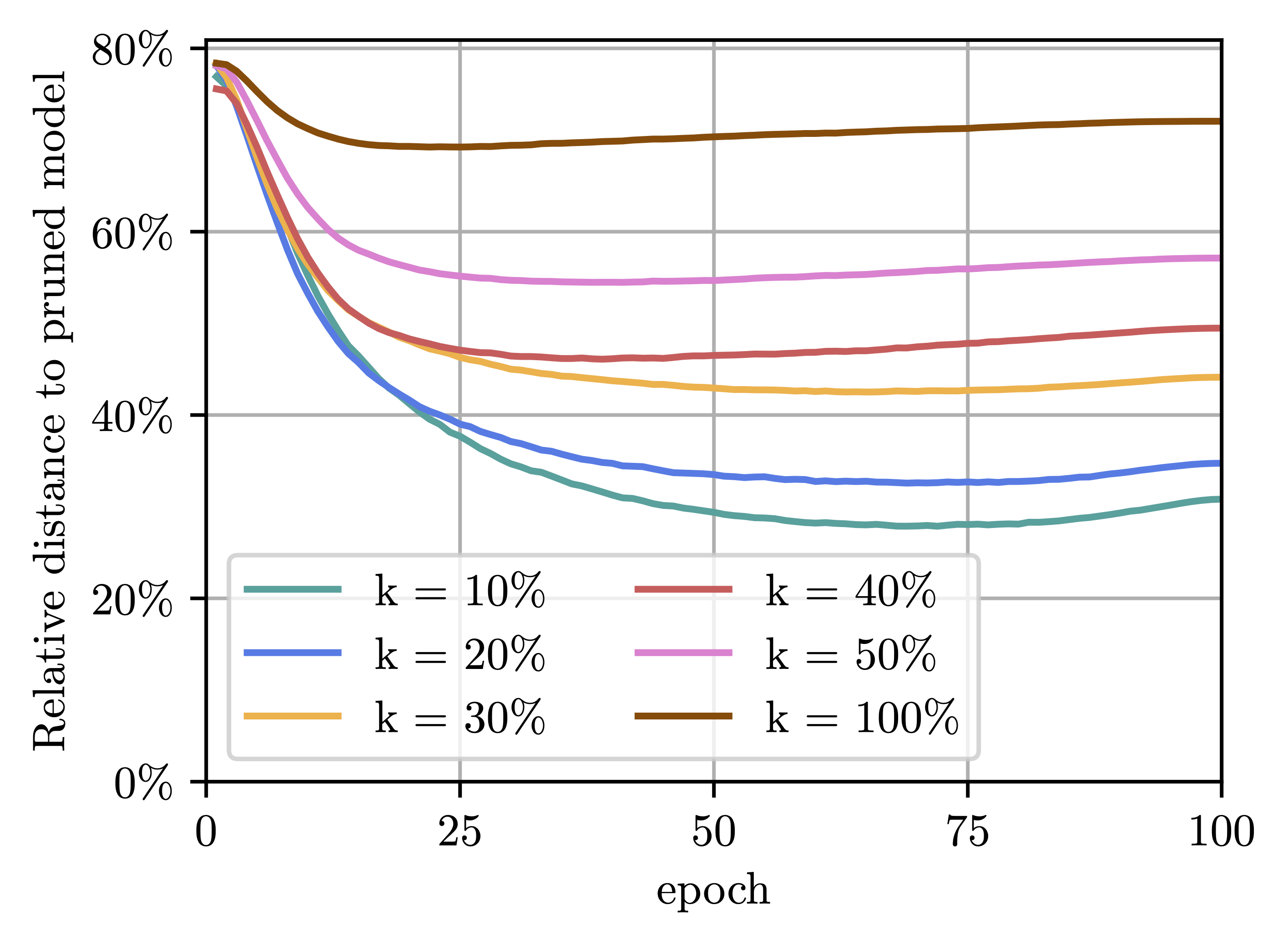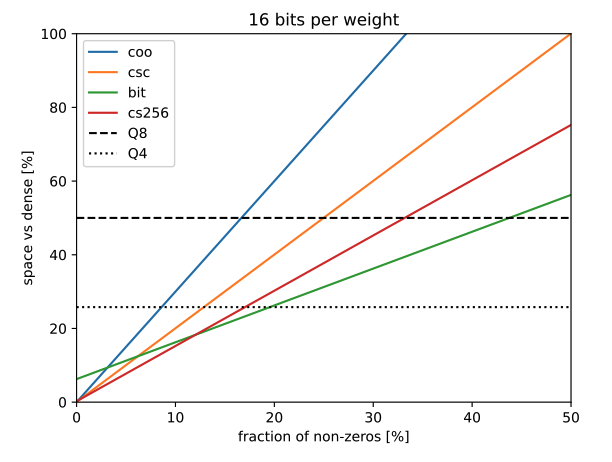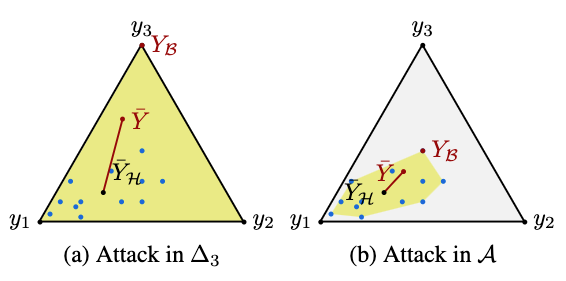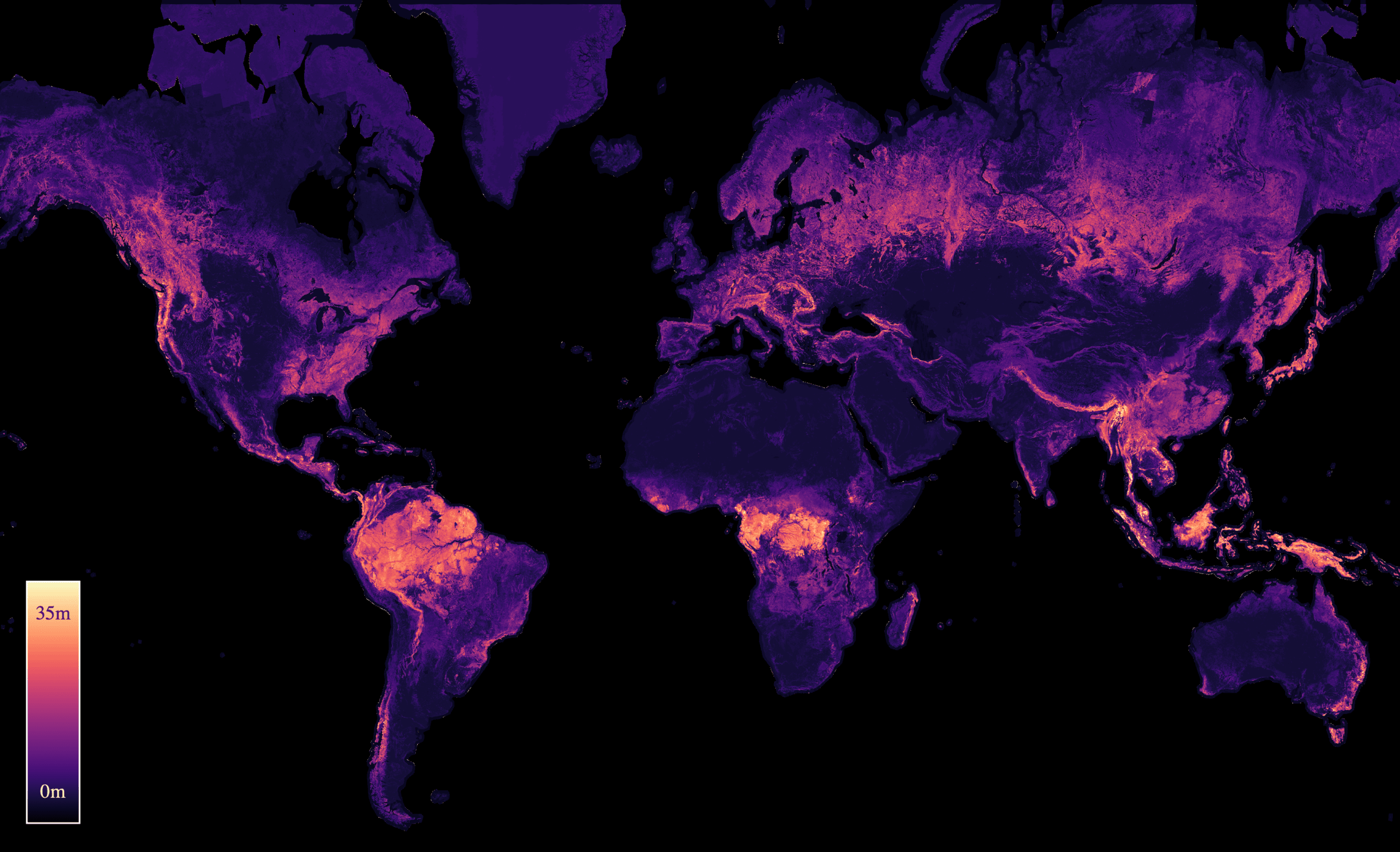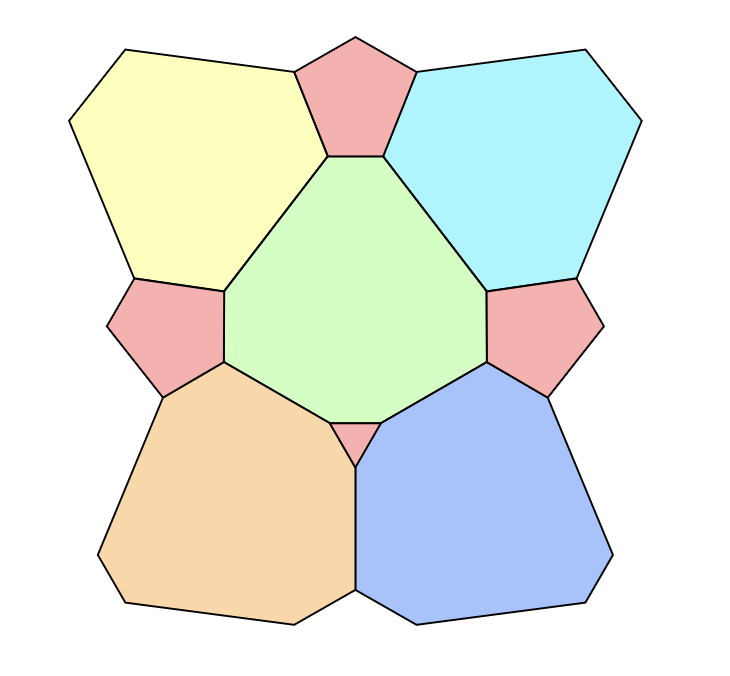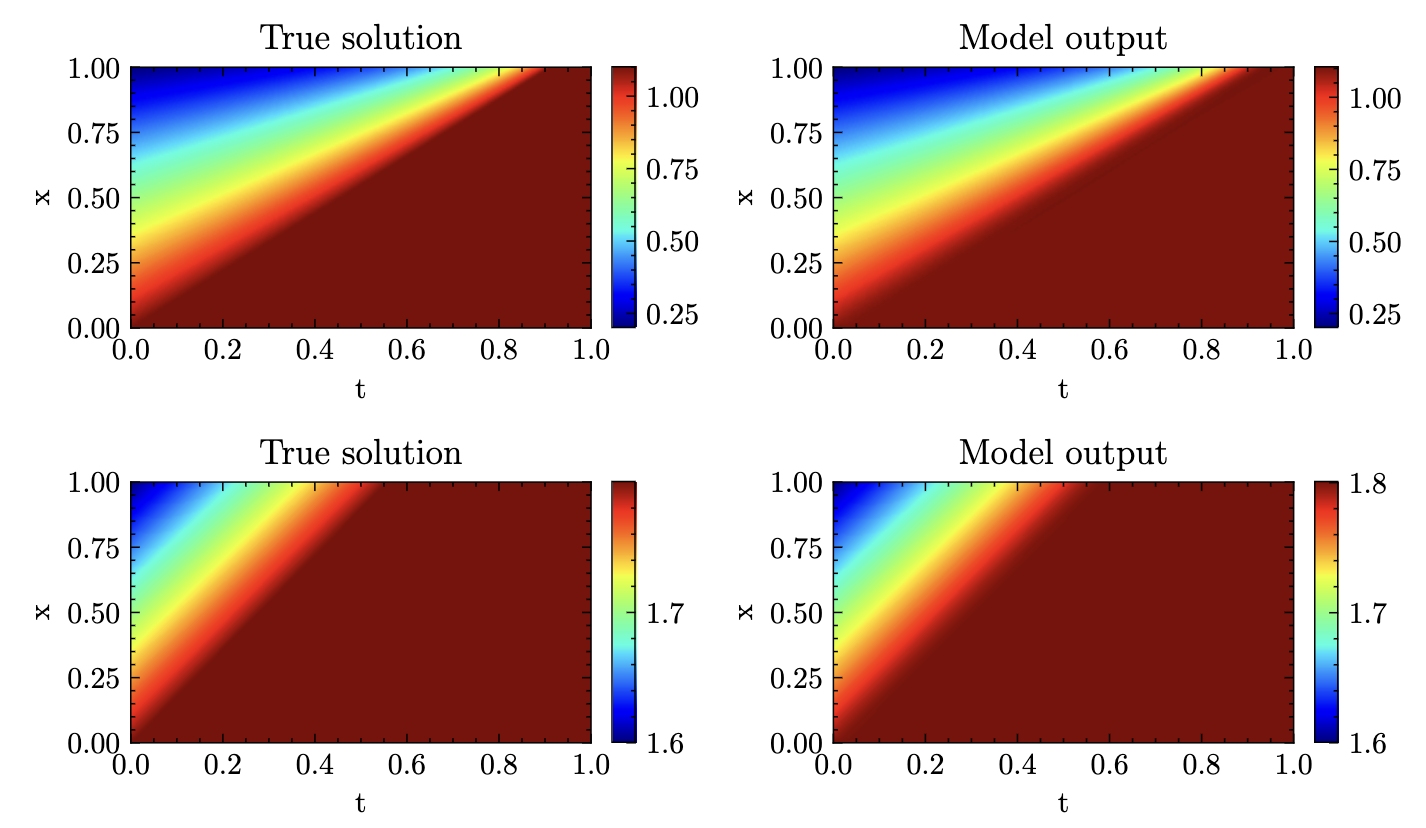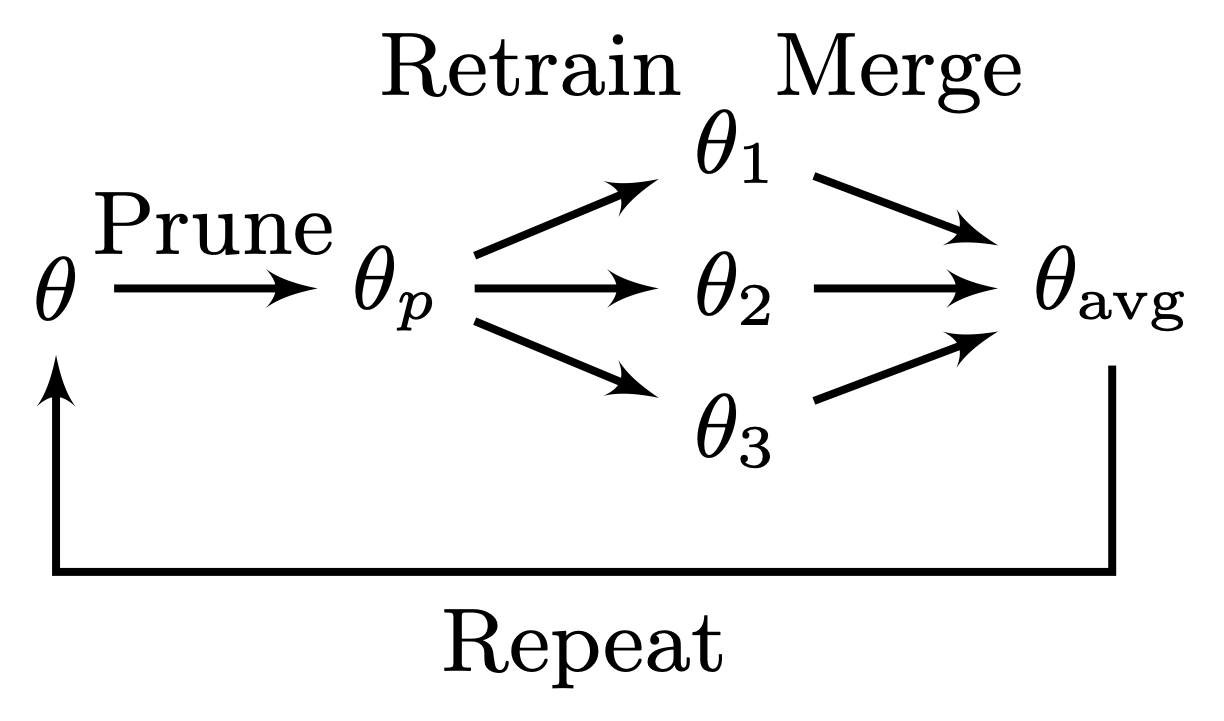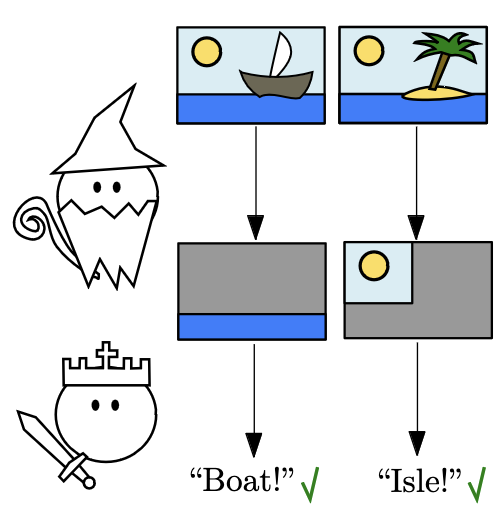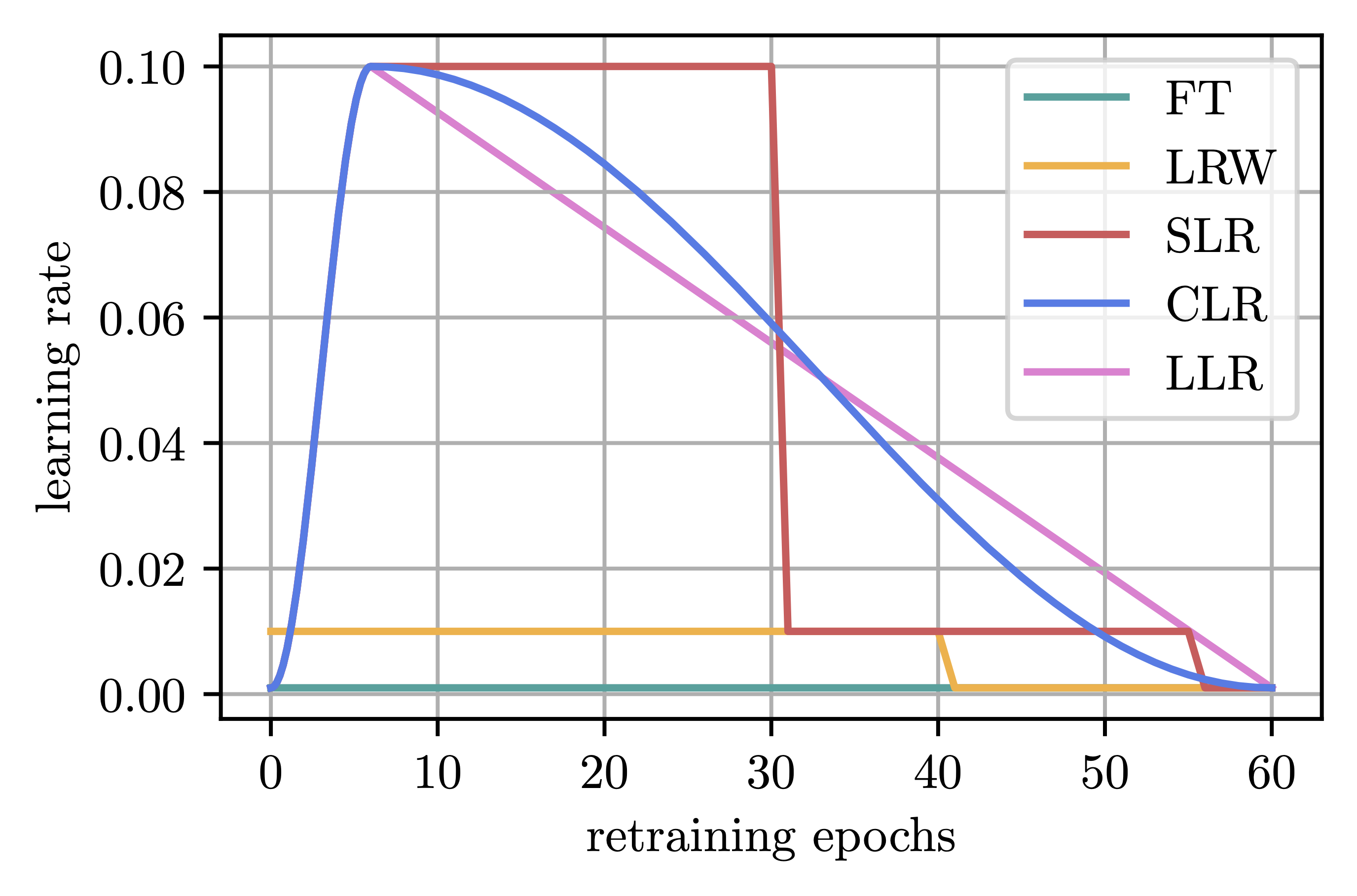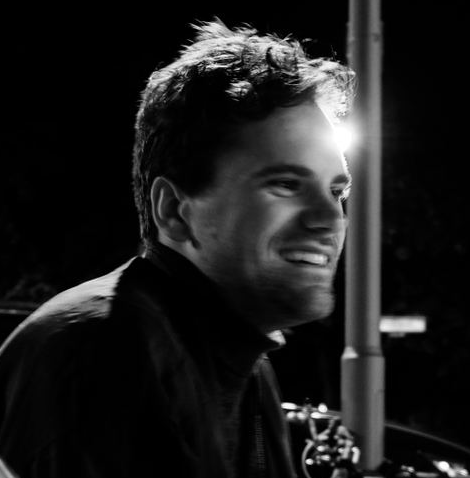
Max Zimmer
4th-year PhD candidate in Mathematics at TU Berlin
Advisor: Prof. Dr. Sebastian Pokutta
Research: My research primarily focuses on developing methods to enhance the compute and memory efficiency of large Neural Networks through techniques like sparsity and quantization. I’m also very much interested in using Deep Learning for scientific discovery (AI4Science/AI4Math), to address sustainability challenges, or in the context of Agentic AI. Previous works also include Federated Learning, XAI, and Optimization. Please take a look at my list of publications and feel free to reach out for questions or potential collaborations! You can find TLDRs of some of my papers on my blog.
Previously: Before joining IOL as a student researcher in 2020, I worked on combinatorial optimization problems with Leon Sering at the COGA Group at TU Berlin. During my BSc and MSc in Mathematics at TU Berlin, I got the chance to intern in the research groups of Prof. Sergio de Rosa at Università degli Studi di Napoli Federico II and Prof. Marco Mondelli at IST Austria. Since 2022, I have been a member of the BMS graduate school, part of the MATH+ Cluster of Excellence. You can find my full CV here.
latest news [see all]
| 09/2025 | Excited to announce that our paper Computational Algebra with Attention: Transformer Oracles for Border Basis Algorithms has been accepted at NeurIPS 2025! |
|---|---|
| 06/2025 | Neural Discovery in Mathematics: Do Machines Dream of Colored Planes? was selected for an oral (top 1%) presentation at ICML25! |
| 05/2025 | Happy to announce that four papers have been accepted at ICML25!
|
| 02/2025 | Two new preprints on arXiv! |
| 01/2025 | On the Byzantine-Resilience of Distillation-Based Federated Learning has been accepted at ICLR25! |
selected publications [see all]
- PreprintarXiv preprint arXiv:2510.14444 2025
- PreprintarXiv preprint arXiv:2510.13713 2025
- PreprintarXiv preprint arXiv:2510.13444 2025
- PreprintarXiv preprint arXiv:2505.13289 2025
- ICML25 Forty-second International Conference on Machine Learning 2025
- Journal Mathematical Optimization for Machine Learning 2025
- Workshop ICLR25 Workshop on Sparsity in LLMs (SLLM) 2025
- ICML24 Forty-first International Conference on Machine Learning 2024
-
- Workshop ICLR24 Workshop on AI4DifferentialEquations In Science 2024
- PreprintarXiv preprint arXiv:2312.15230 2023
